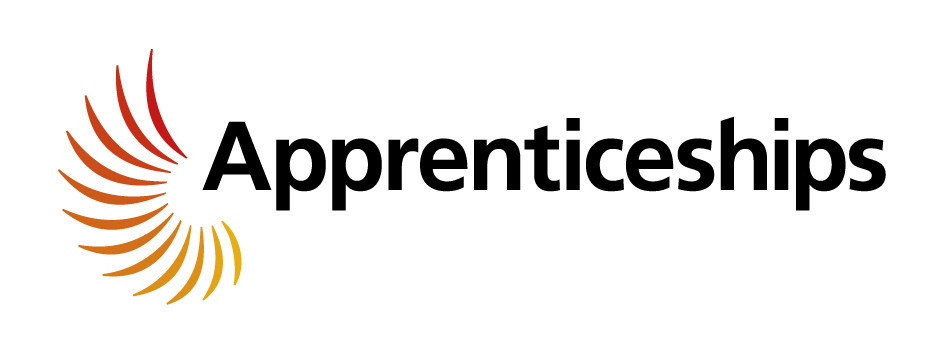Higher Education (HE) comes in many forms. From BA (Hons) to Foundation Degrees, Masters to HNCs and more, the jargon seems almost endless and it can become a little confusing!
All HE paths go through the same levels: levels 4 to 6 are undergraduate qualifications, and level 7 is a master's degree.
With so many different routes through these levels, it can be difficult to know what the right path is for you and your career. There is no simple answer - your decisions could be based on a variety of circumstances, from your chosen industry to the type of learner you are, where you live and personal circumstances. For some, a traditional three year degree at university is the right choice - for some, a HND can be a fantastic way into Higher Education, and the first step towards going into industry or getting a full Bachelors' degree.
In this blog entry, we're going to look at Higher National qualifications, also known as HNCs (Higher National Certificates) and HNDs (Higher National Diplomas). We'll discuss what they are, the advantages of studying them and where they could take you. Keep reading to find out more!
What are Higher Nationals (HNs)?
A HNC is a level 4 qualification, and a full HND is level 5. These are equivalent to the first two years of a bachelors degree. A HNC can be the first step into taking a HND, or you can apply for a HND immediately.
At Wiltshire College & University centre we offer full-time and part-time options. A full-time HNC takes one year to complete and a HND takes two years. They can also be studied part-time alongside working, making them very flexible and good options if you prefer to continue working while studying.
All HNs are vocationally linked aiming to equip students with practical skills for a specific profession or field, with theoretical and academic work to solidify your practical learning.
HNs are awarded by Pearson, and their approach to qualifications means that we can offer bespoke modules to support local industry needs, giving you skills that employers are really looking for.
What are the advantages of taking a HN?
There are many reasons why a Higher National might be right for you:
- - Studying close to home (or in our accommodation!)
- - They are vocational, helping you build workplace skills and knowledge linked to your industry
- - Flexible, bespoke qualifications give you real preparation for your career
- - After a full HND, you can top-up to Level 6 and gain a full degree - either with us, one of our partner universities or somewhere else.
- - If you'd rather study just for one year, a HNC is a recognised level 4 qualification in its own right which can help you boost your career.
- - We offer a nurturing, safe environment with smaller groups where lecturers get to know their students and how to support them to achieve their potential
At Wiltshire
College & University Centre, our Higher National programmes have a
97% pass rate with students moving into further study or careers linked
with the qualification.
Quality of education
Higher Education is regulated by the Office for Students (OfS) and the Quality Assurance Agency (QAA). The College and our Higher National qualifications are regulated by the same external bodies as mainstream universities, meaning you can be assured that the quality of education, teaching and learning is on par with what you would expect at a mainstream university.
This external regulation means that we have the same expectations from our students as a university would. For example, attendance of all learning opportunities, deadlines must be met, and standard of work must be achieved. External inspections from the awarding body ensure we maintain these academic standards.
Find out more about higher education at Wiltshire College & University Centre here. If you have any questions, please contact HEAdmissions@wiltshire.ac.uk or use the live chat on our website.
In the presentation below, Hilly Prendergast, Head of Higher Education Quality & Partnerships, explains Higher National programmes:






